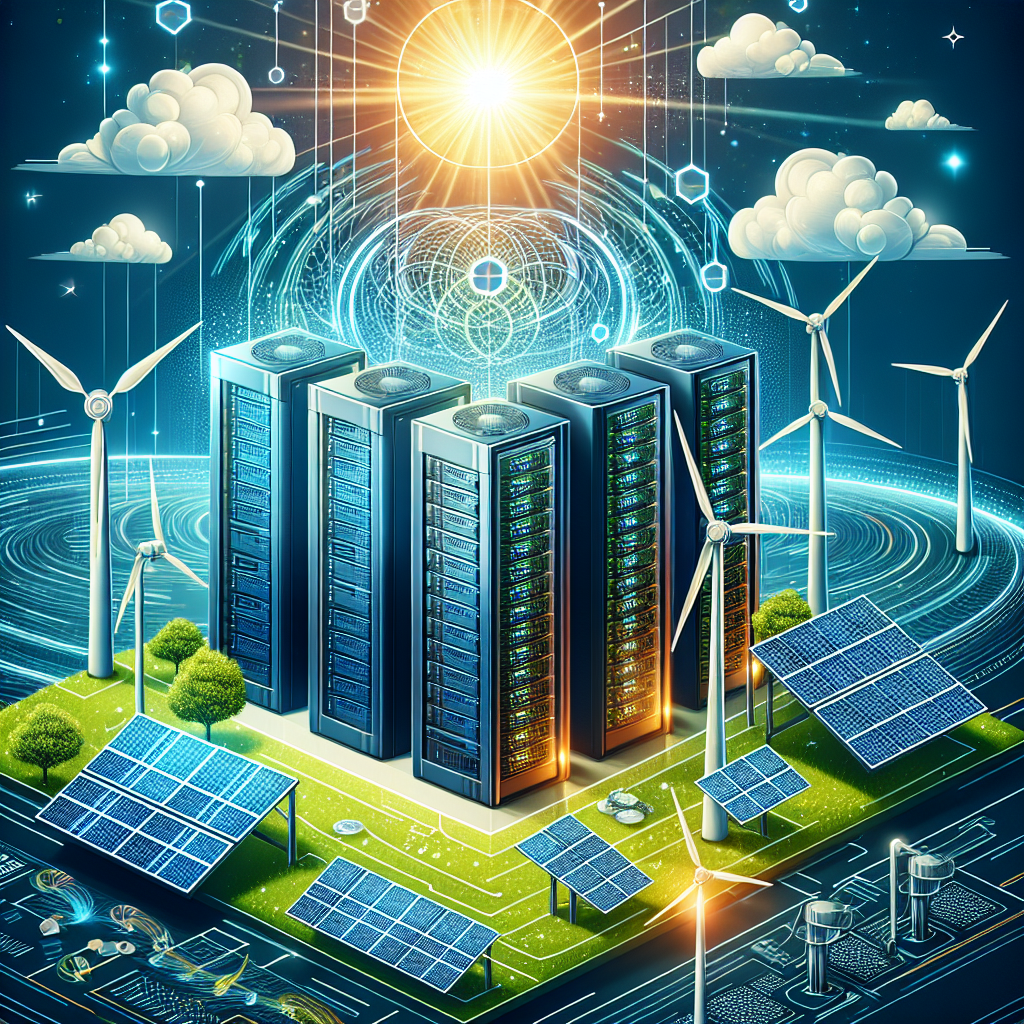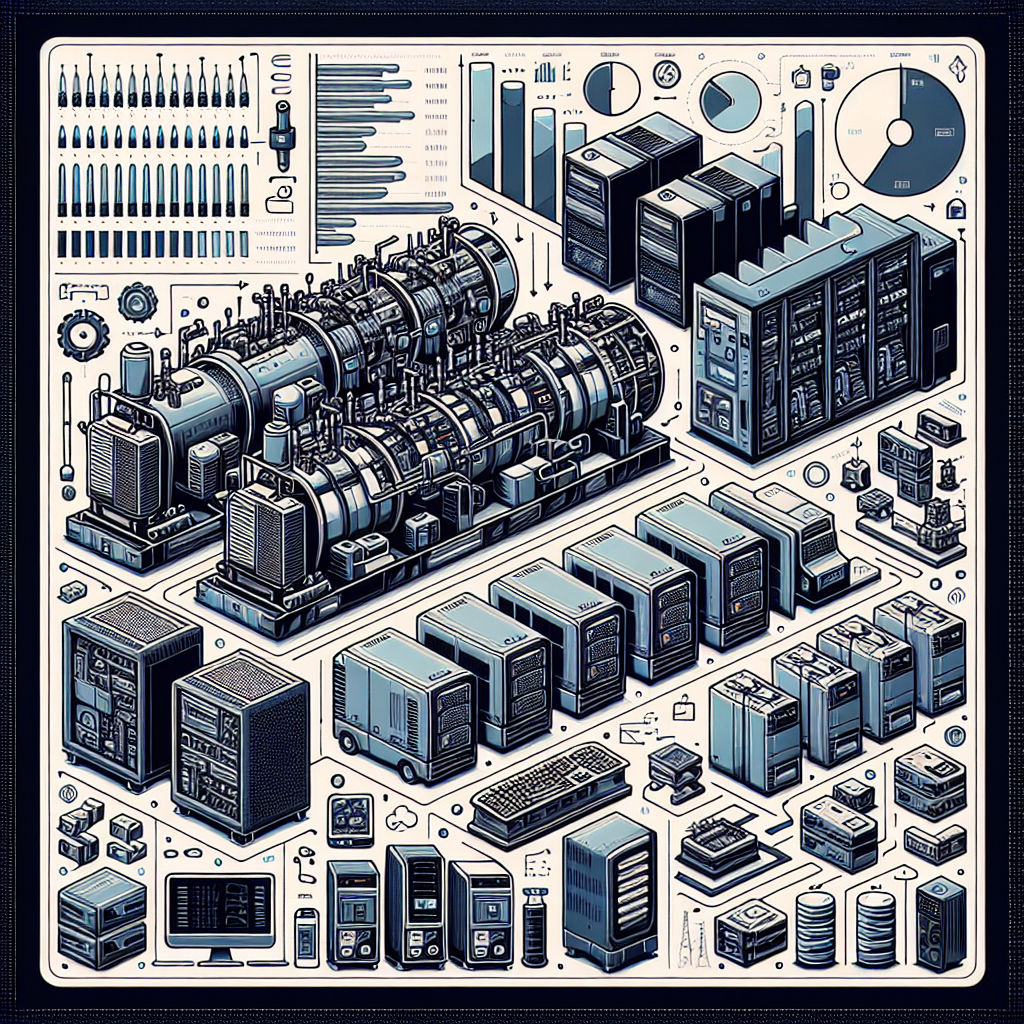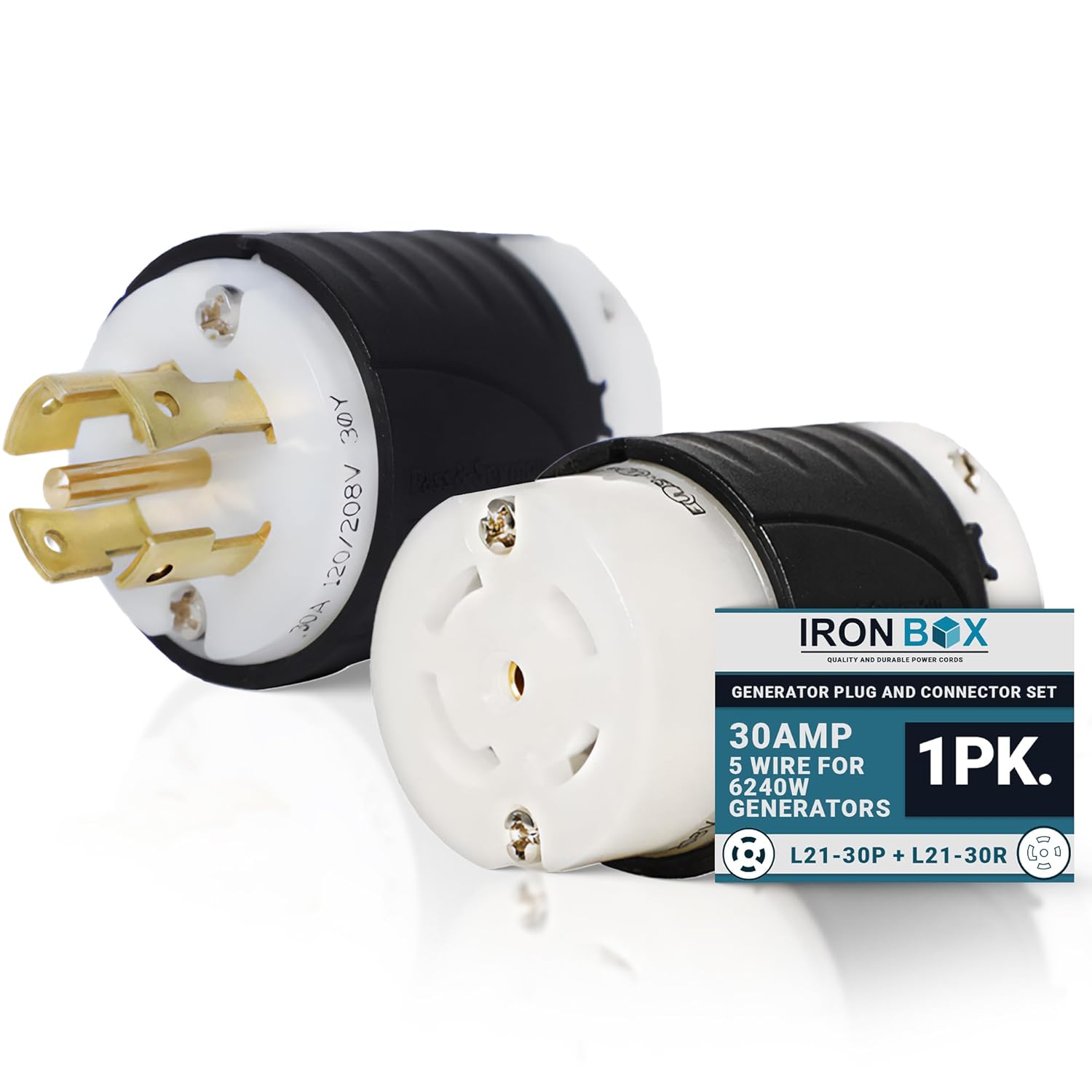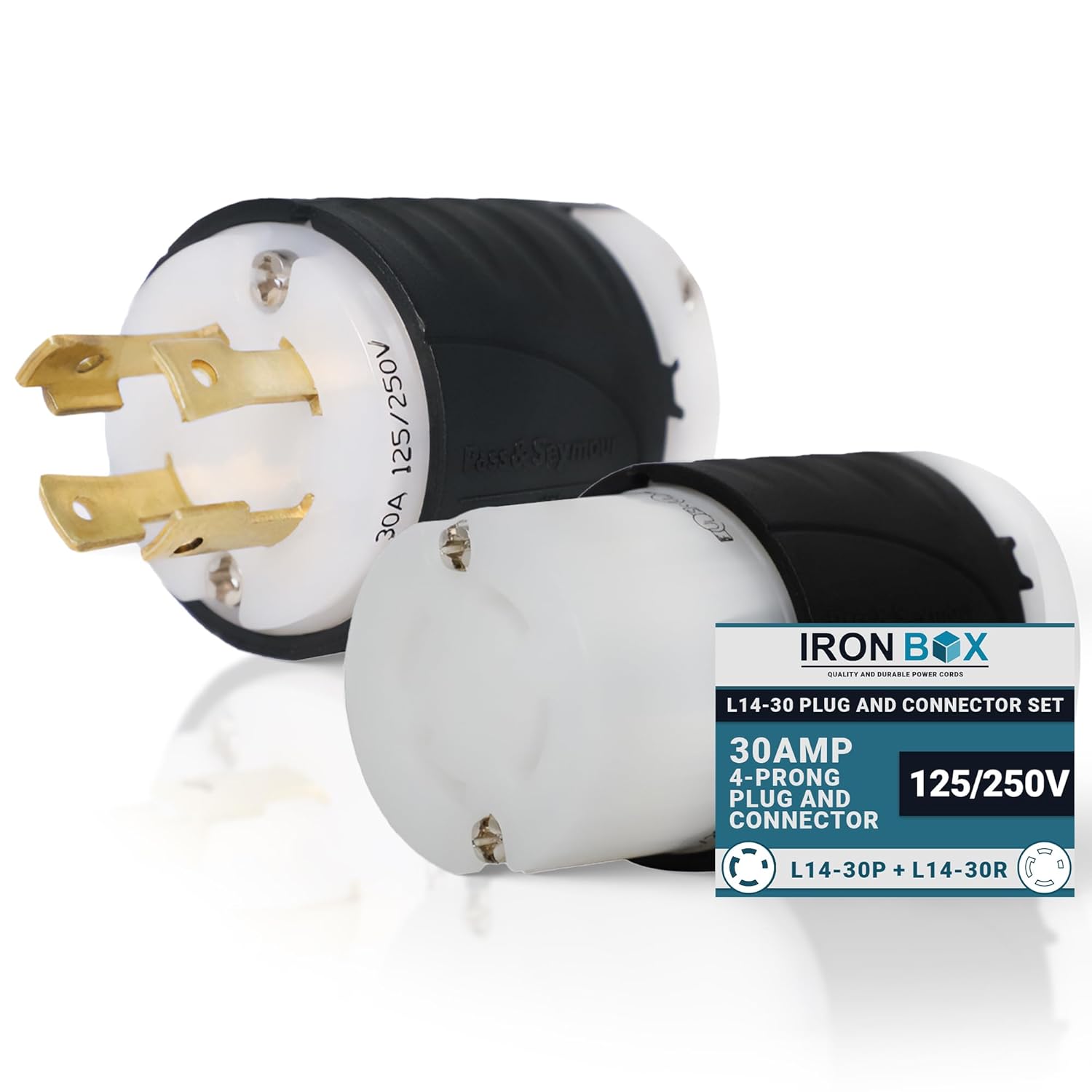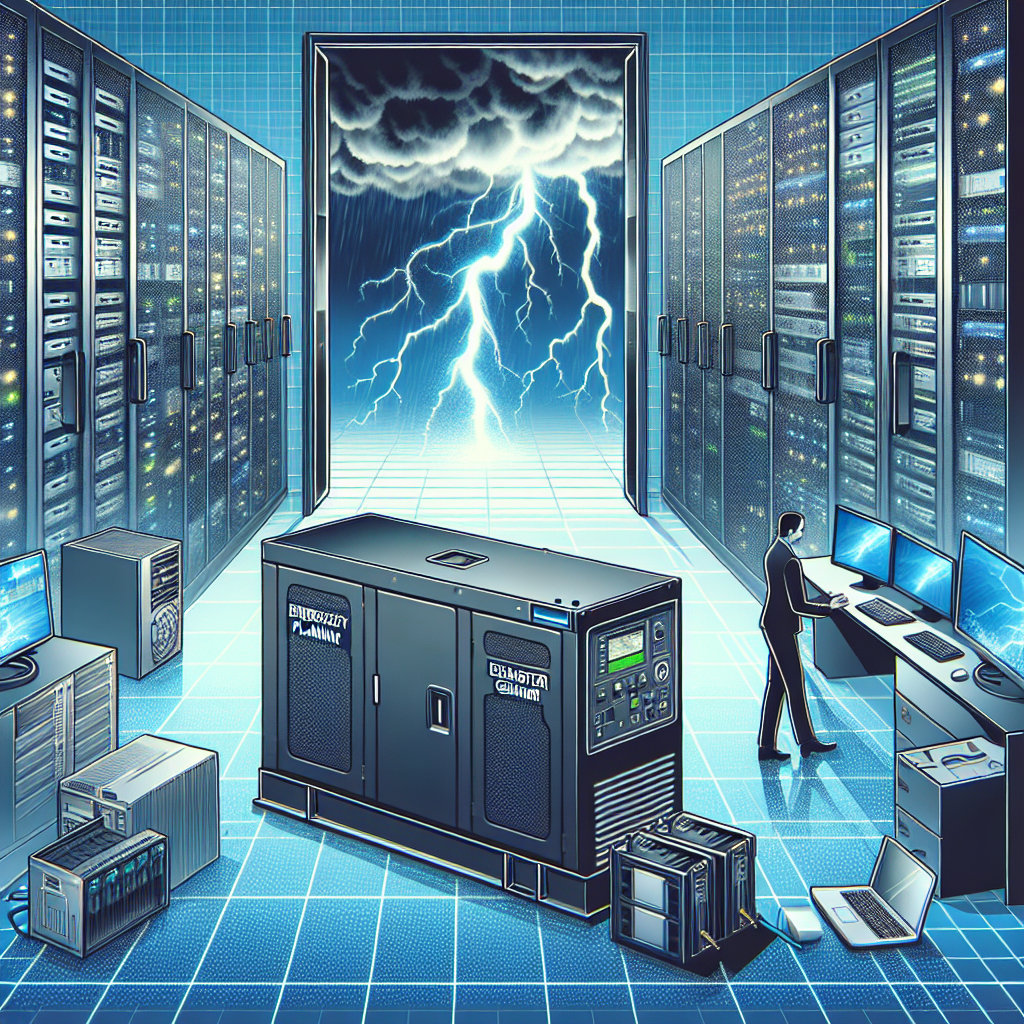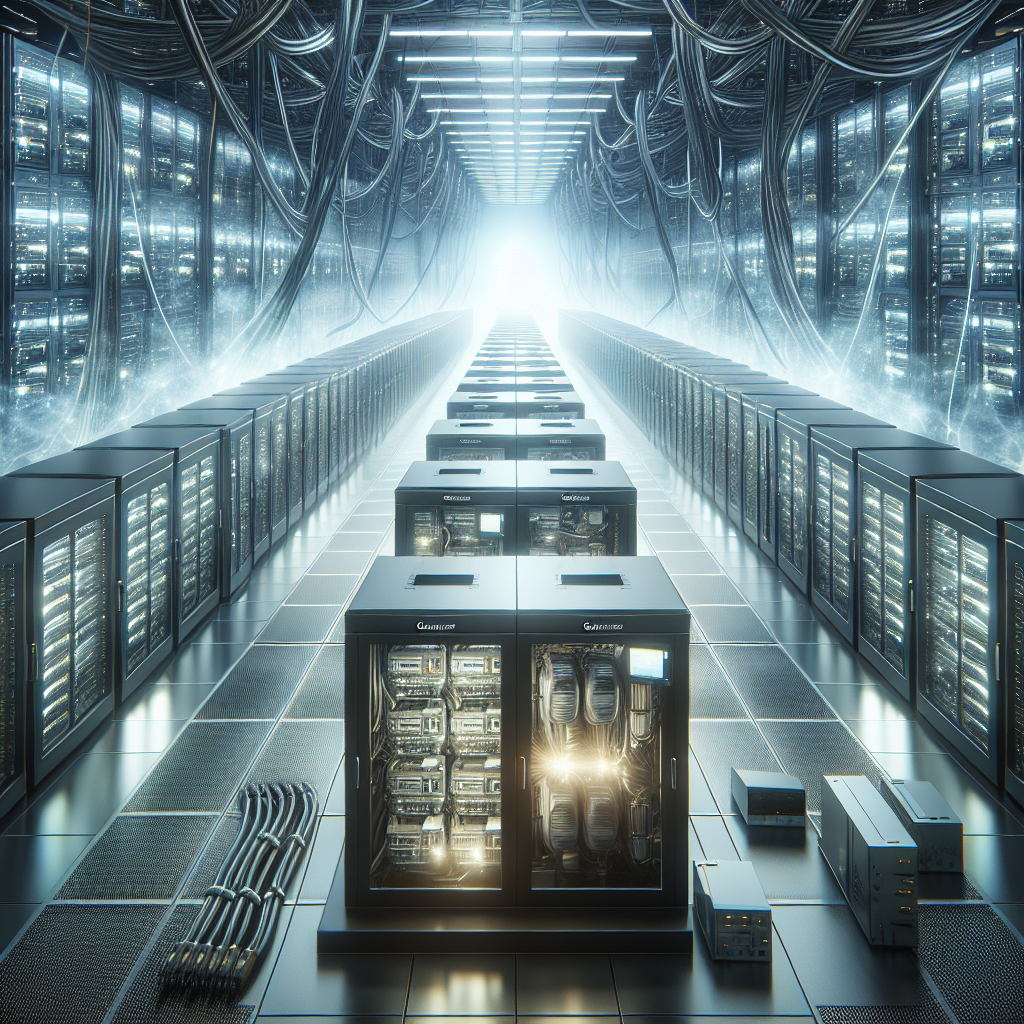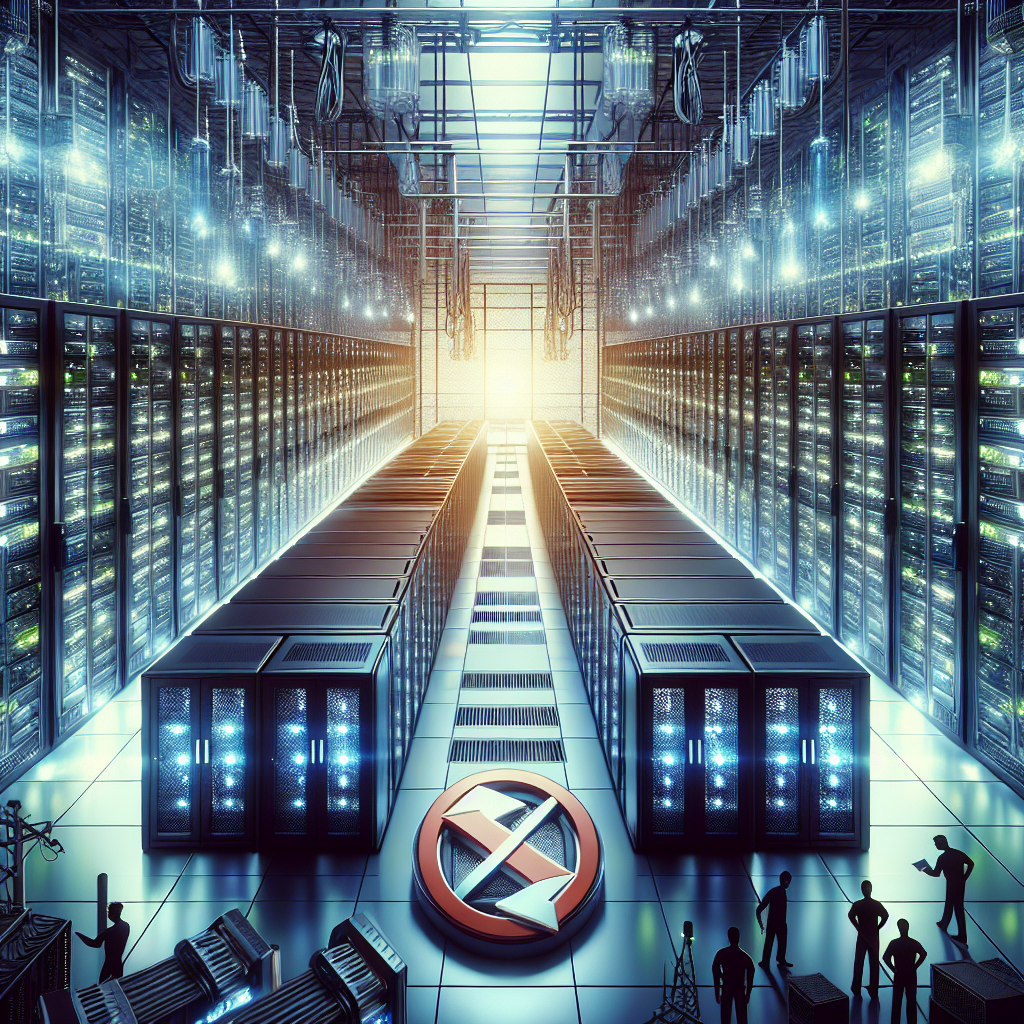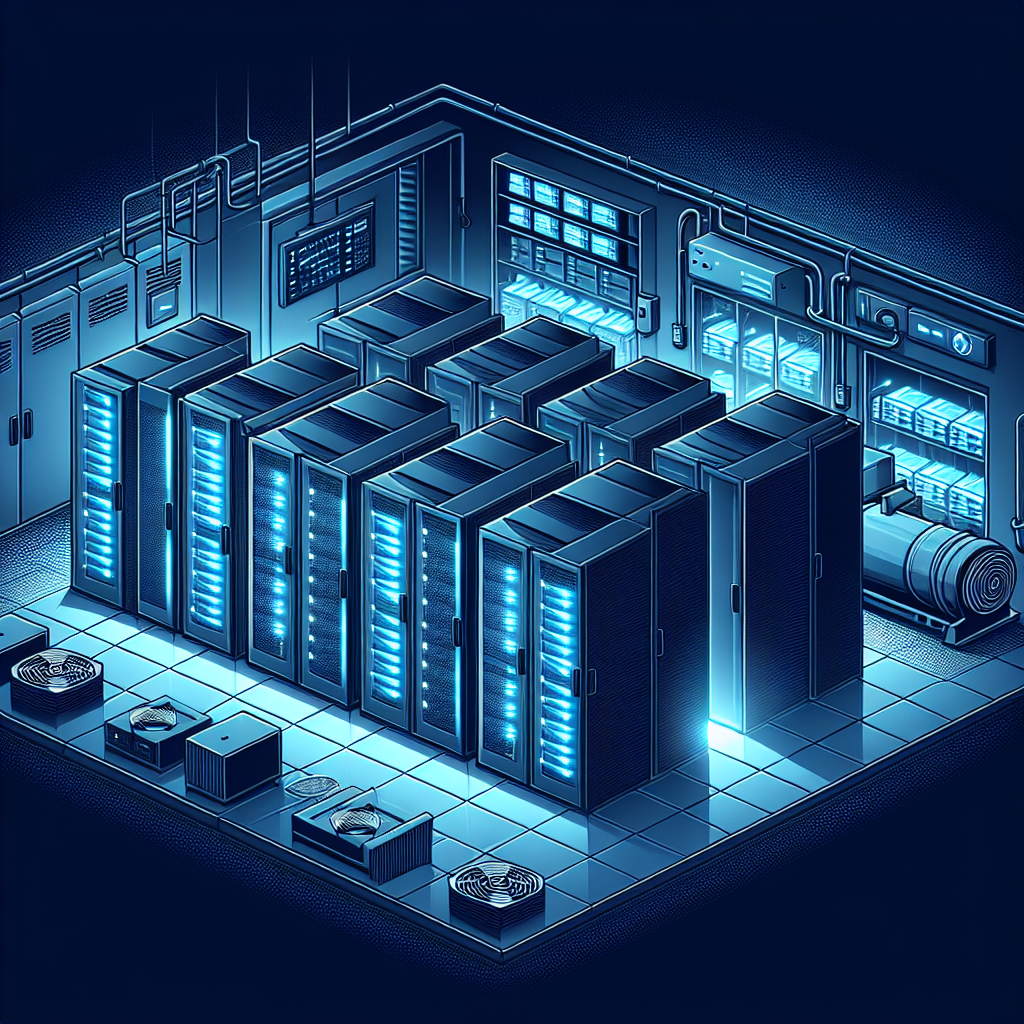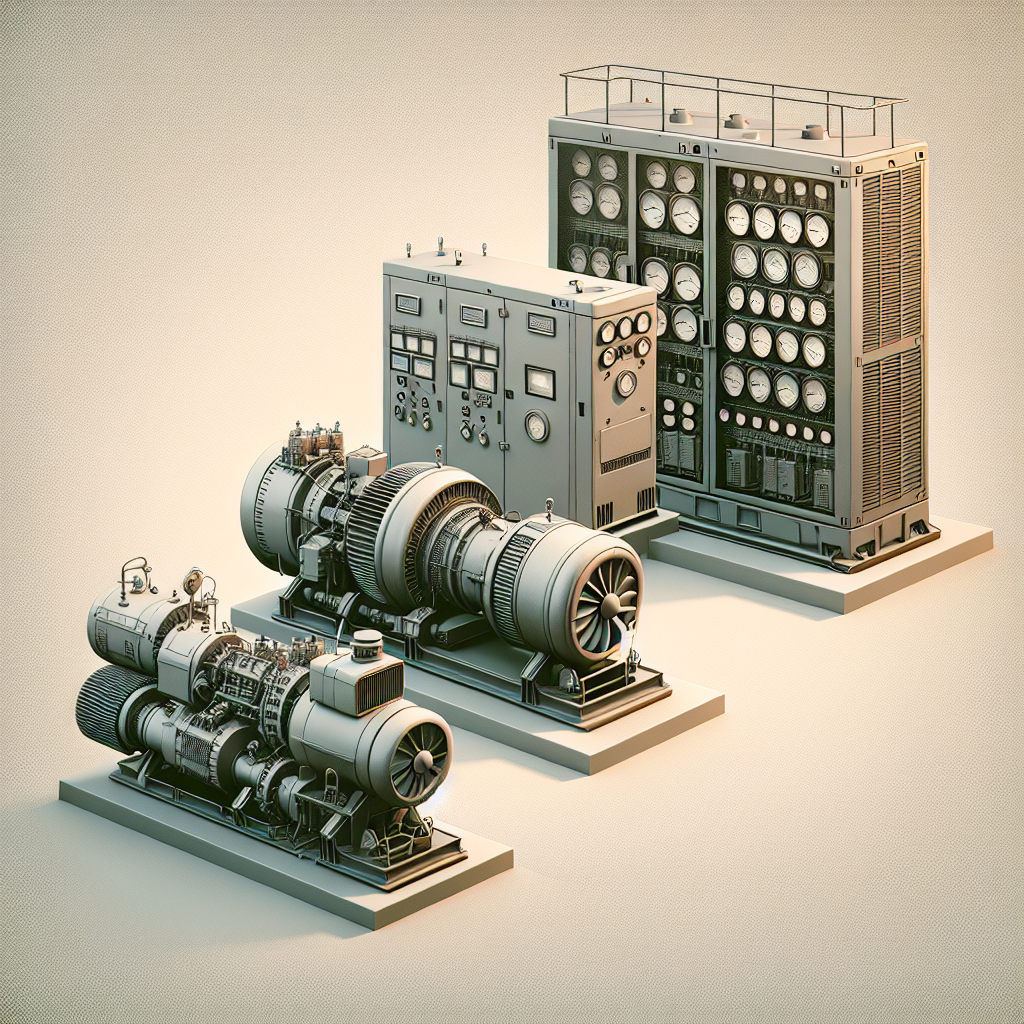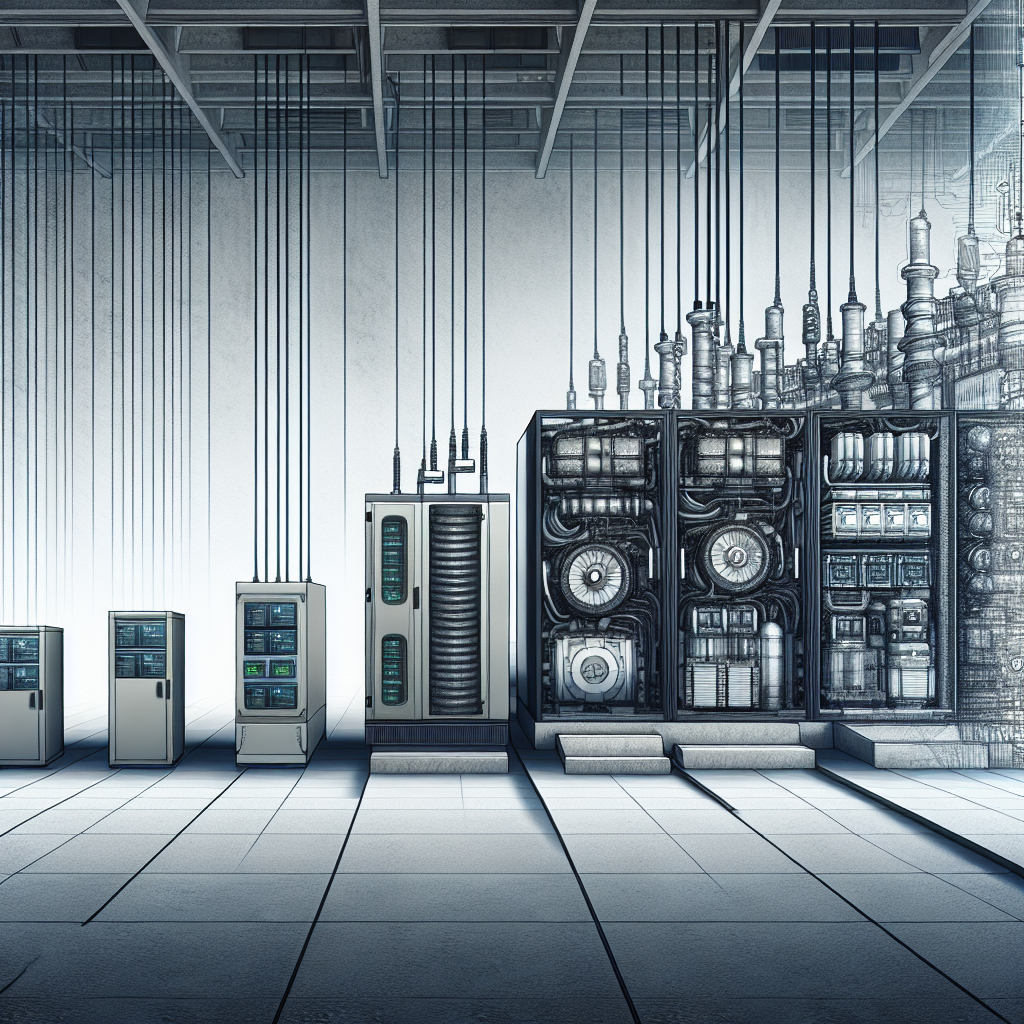Data centers are essential for storing and processing vast amounts of data in today’s digital age. However, they also consume a significant amount of energy to keep their operations running smoothly. To reduce their carbon footprint and become more sustainable, many data centers are turning to renewable energy sources for their power needs. In particular, using renewable energy sources for data center generators can offer numerous advantages.
One of the primary benefits of using renewable energy sources for data center generators is that they are environmentally friendly. Traditional power sources such as fossil fuels emit greenhouse gases and contribute to air pollution, which can have harmful effects on the environment and public health. In contrast, renewable energy sources like solar, wind, and hydroelectric power produce minimal to no emissions, making them a cleaner and more sustainable option for powering data centers.
Additionally, renewable energy sources are abundant and inexhaustible. Unlike finite fossil fuels, renewable energy sources are constantly replenished by natural processes such as sunlight, wind, and water flow. This means that data centers can rely on renewable energy sources for their power needs for the long term without depleting finite resources.
Using renewable energy sources for data center generators can also help reduce operating costs in the long run. While the initial investment in renewable energy infrastructure may be higher than traditional power sources, the operational and maintenance costs are typically lower. Renewable energy sources require less maintenance and have lower fuel costs, resulting in potential savings for data centers over time.
Furthermore, using renewable energy sources can enhance a data center’s reputation and attract environmentally conscious customers. As more businesses and consumers prioritize sustainability, data centers that demonstrate a commitment to using renewable energy sources can differentiate themselves in the market and appeal to a broader range of customers.
In conclusion, the advantages of using renewable energy sources for data center generators are numerous. From environmental benefits to cost savings and improved reputation, renewable energy sources offer a sustainable and efficient solution for powering data centers. By embracing renewable energy sources, data centers can reduce their carbon footprint, lower operating costs, and contribute to a more sustainable future for the planet.
